Anyone who is into gardening must have heard the words Compost and Fertilizers. However, most people do not exactly know what these terms mean.
Moreover, some people may not even be aware of how to use them. Do you know what it is and how it works, though?
Well, if you are also one of them or someone new to the field of gardening, do not worry! We have got you covered.
Here is a complete guide for you on these terms- what they are, how they work, and what you should use for your garden? We will get you covered on all of it.
What is Compost?
Compost is any decayed organic matter. When you mix up different organic matter together, they naturally break down through bacterial and microbial processes. It is either mixed up with the soil before planting anything, or top layers of an area are made with it so that the plants could take full advantage of compost.
In short, compost majorly helps in enriching the soils. It feeds your soil with all the good stuff needed for your plants to grow and glow.
Pros of Compost
The pros, that is, the benefits of compost for plants can go very far. We all know the fact that compost feeds the soils of the garden. Our plants take all the required nutrients from the soil that they come in direct contact with.
So, the soil in which your plants are growing needs to be healthy and nourished. Also, we need to take care of the soil because soils cannot hold up all the nutritions forever.
Composts help in enriching the soil with loads and loads of nutrition. Along with nutrition, compost also helps the soil retain all the moisture for a long time, thus giving a better atmosphere for your plants to grow.
Moreover, the garden soils use the bacteria present in the organic matter to get rid of any harmful material. Therefore, protecting the plants from any possible chances of diseases. It also helps in controlling weeds.
Make Your Compost Fertilizer
As we have stated earlier, compost is nothing but a good mixture of decomposed organic matter. Organic matter can include all those vegetable peelings, grass cuttings, plant pruning, fruit waste, twigs, fallen leaves, cardboard boxes, waste paper, and many such things. You can make compost in your backyard with the help of a compost bin.
Now, the time required to make a finished compost depends on numerous factors- how much is the quantity, what all you have added to it, and how are you tending to it. If you do not wish to or cannot make compost on your own, there is always this option available to buy some. You can purchase it from any local garden center in the form of soils or garden mixes.
The easiest way of having the benefits of compost fertilizers is by mixing them with your garden soil. This mix up can be done either before planting anything or in established beds of the plants. The results would be almost the same in both ways.
You will have to add a layer of around 2 to 3 inches and mix it with the top layer of 6 to 8 inches of soil before the plantation of anything. However, you will only have to work on the top layer of soil up to 2 to 4 inches if you apply compost fertilizer on an established bed.
Drawbacks
It is honestly not possible for anything to have only good qualities. Likewise, even compost fertilizers come with a few cons that cannot be ignored. The first and significant one is that they take a long time in their making. So, if you need them urgently, it is better to buy some instead of making them. Also, compost piles made at home can smell terrible.
Moreover, compost fertilizers demand some real physical labor. If your garden or area is large, you will need a large quantity of compost fertilizer for great results. Small a small cannot work in larger areas.
What are Fertilizers?
It can be said that fertilizers directly work on the plants and not on the soils. It comes in both natural and chemical form to feed the plants to grow better. Many different types of fertilizers can be found in the market depending on what you are looking for.
- Scotts Turf Builder WinterGuard Fall Weed & Feed3 weed killer and lawn fertilizer controls listed...
- Fall weed and feed kills over 50 listed lawn weeds, including clover, dandelion, plantain,...
- Apply weed control plus grass fertilizer to a wet lawn when weeds are actively growing and...
- Do not apply this lawn care product to St. Augustinegrass, Floratam, Dichondra, Lippia, Carpetgrass,...
- One 42.87 lb. bag of Scotts Turf Builder WinterGuard Fall Weed & Feed3 covers 15,000 sq. ft.
Why Fertilizers?
We all know that every soil texture is not the same. There are many kinds of soil with various qualities. So, when you plant something that cannot take as much nutrition from that soil, fertilizers come into action.
Fertilizers directly help the plants in growing. When the soil is not ready to take up vegetation, fertilizers can help the plants grow by giving them all the good stuff they need. Though multiple applications may be needed, fertilizers can be the instant solution for plant growth.
Moreover, you can choose any kind of fertilizer, be it synthetic or natural, but the result would be the same. Fertilizers always target the specific needs of a plant.
Which Fertilizer to Choose?
In the market, you will find various fertilizers of various types. The only thing you need to remember is your needs and the results that you wish to see.
You can find fertilizers in liquid, powder, or granular form. The liquid one would show instant results as it will be soaked in the soil. However, make sure that you always dilute it in water, or else it may kill your plants.
The solid form of fertilizers does need some time and patience but shows the same results. Moreover, solid fertilizers last longer as compared to liquid ones.
Drawbacks
Fertilizers are a kind of chemical, and their over-application can cause an abundance of any nutrition. This will result in improper growth or flowering or even your plant’s death. These are usually chemically made, which is not so good for mother earth. Moreover, they can run into the groundwater if not taken care of.
What Should You Choose?
As a concerned citizen, it is always good to choose organic. If Compost fertilizers made from organic matter are applied efficiently with proper soil amendments, there may not be any need to apply chemical fertilizers. Also, compost fertilizers give the security of natural home vegetation and improve soil and plants’ quality with time.
However, fertilizers can work great if you need your results soon without much effort. Specific nutrients’ deficiency can be easily cured with fertilizers (because they offer specific products for your specific needs).
It is always useful and beneficial to work with patience and use compost fertilizers for your needs. You can go for chemical fertilizers if you must see a plant all grown.

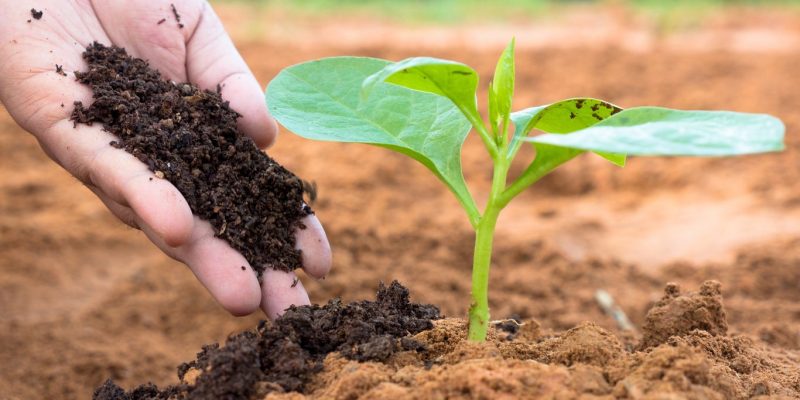



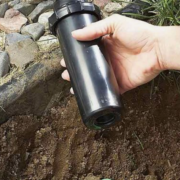
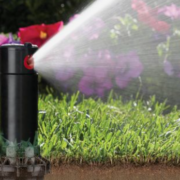
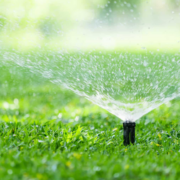
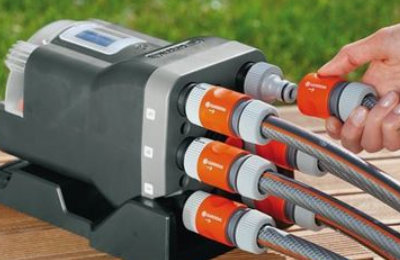

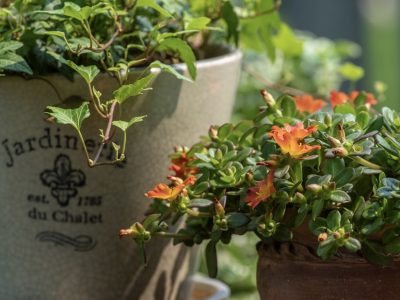
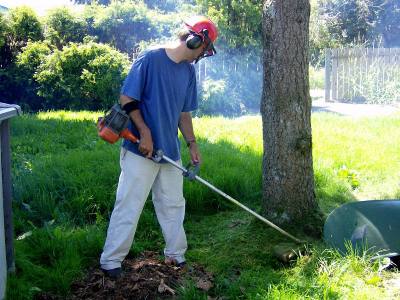
Comments